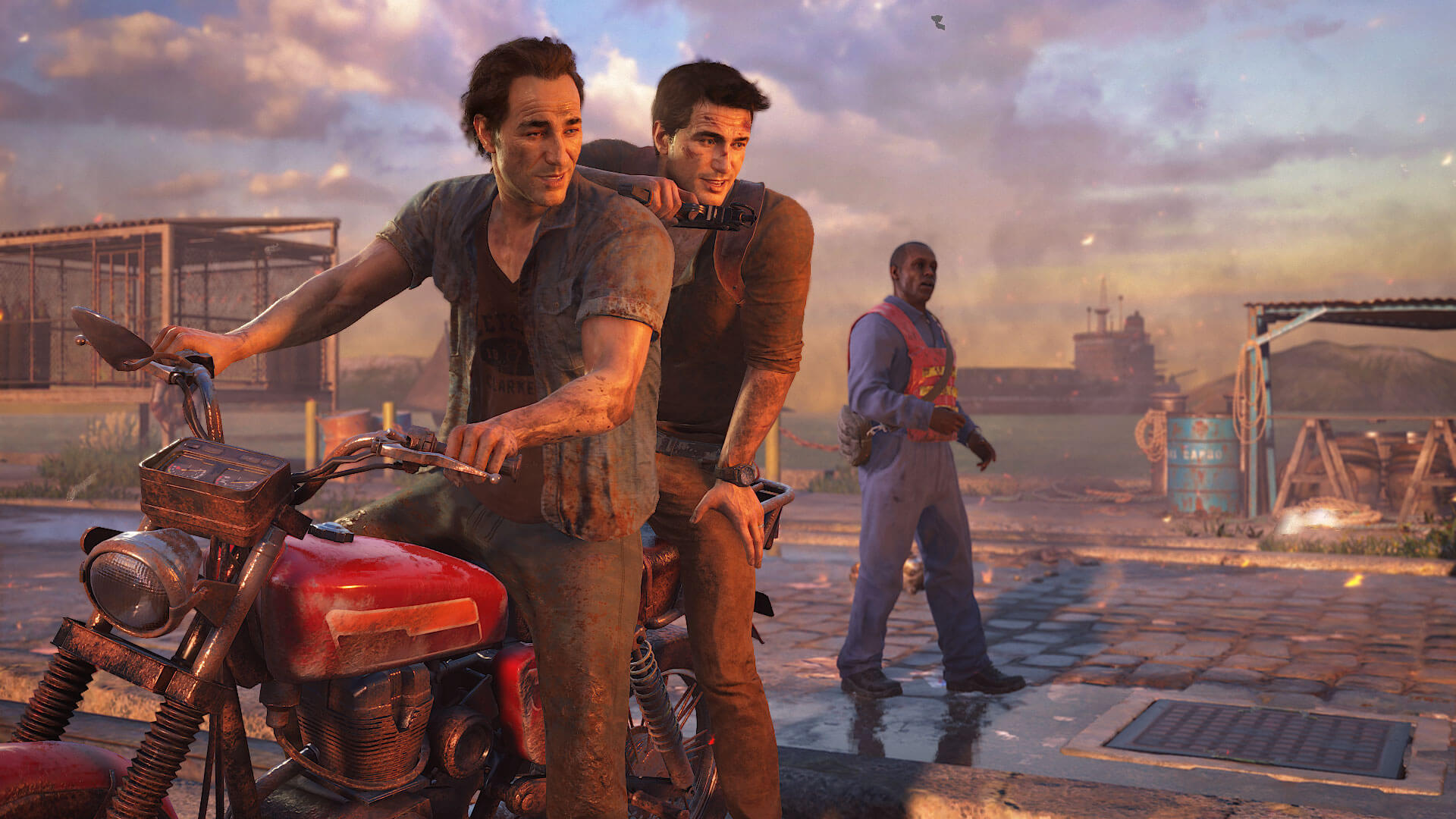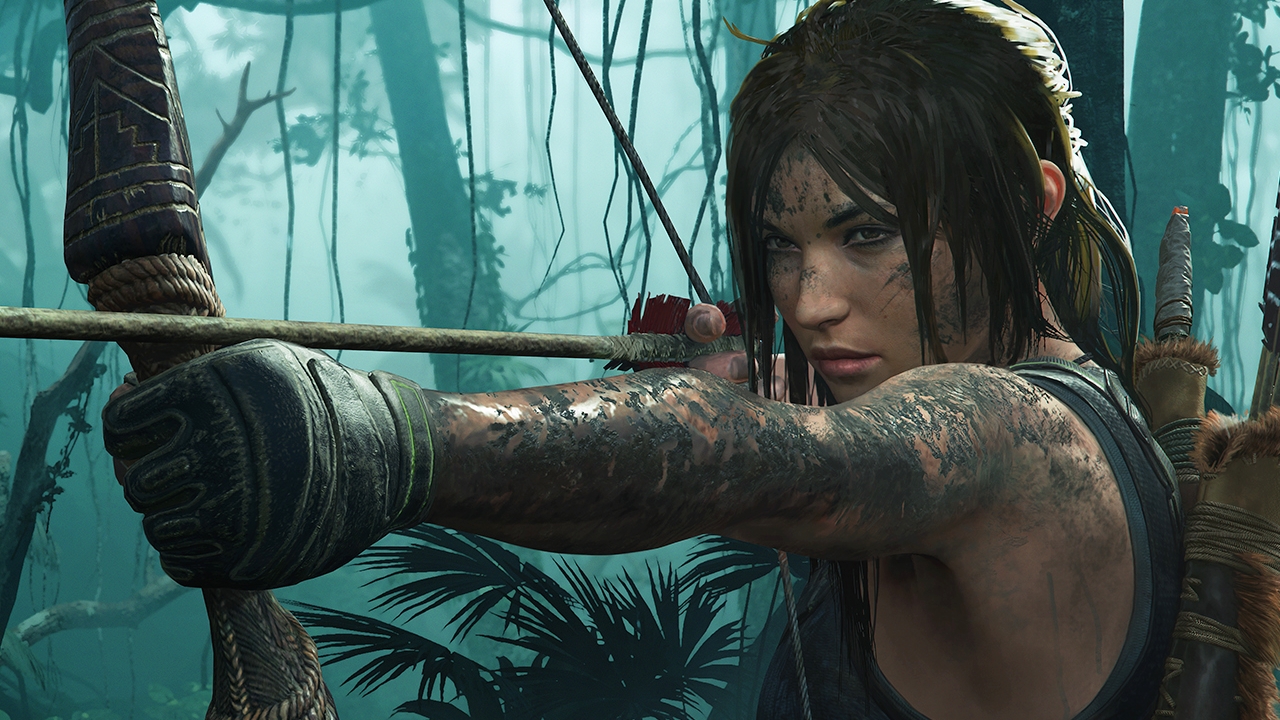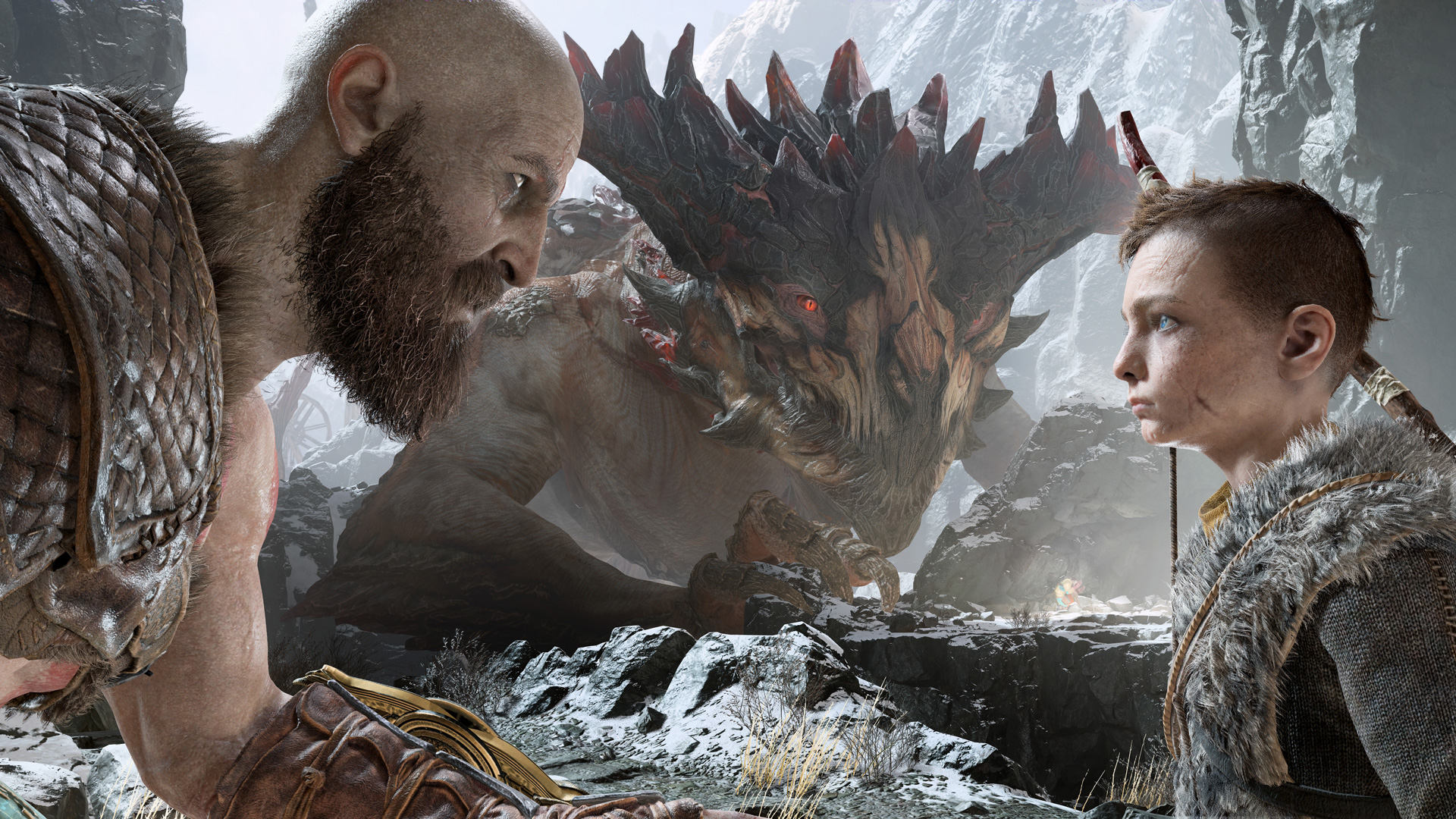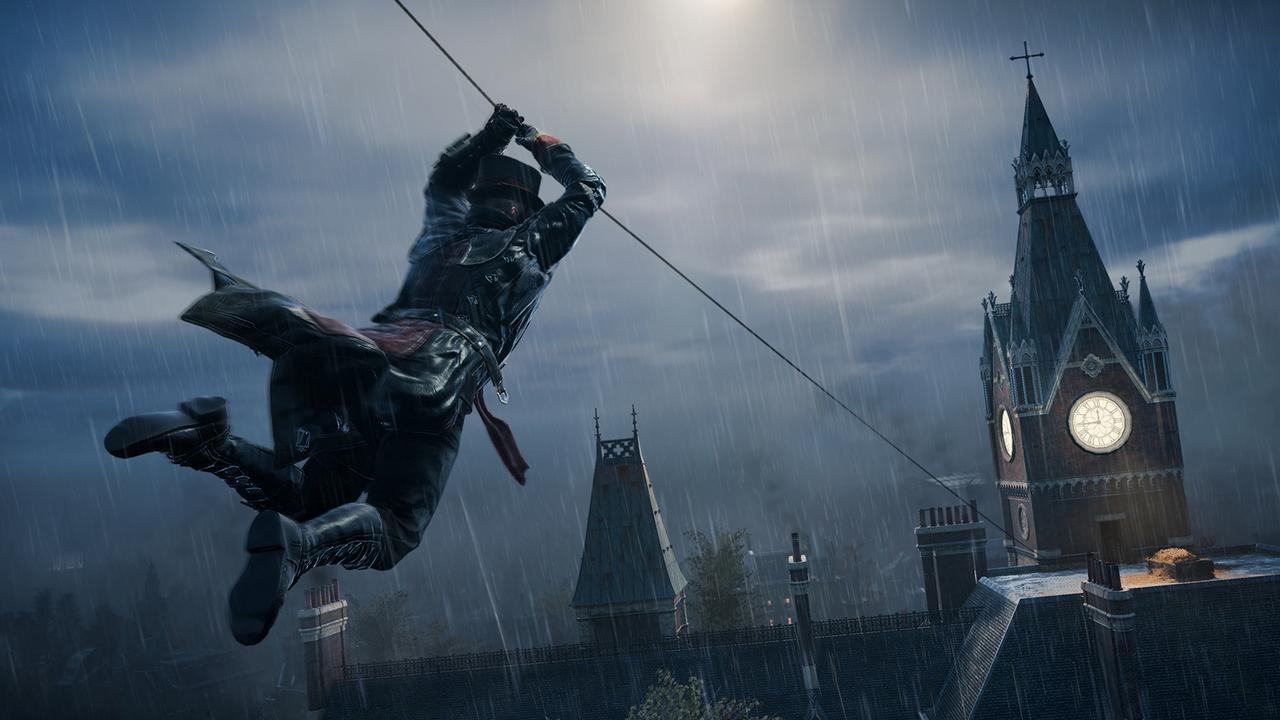Uncharted territory: How the action-adventure quietly defined the last generation of video games
Influencing everything from Batman to Hitman, the action-adventure is the unsung hero of the last generation


Birthed as a hybrid of two video game genres itself, the action-adventure has become an increasingly fluid concept over the course of the last generation.
It's an ingredient as much as it is a template, with developers now more likely to fold its easily dissected elements into their games, rather than make it the basis of the entire experience. That makes the genre one that's hard to define and identify in today's industry – we can detect its influences everywhere, but struggle to find the source.
A look back at the last generation of action-adventure games is thus perhaps best described as an examination of the ways in which the genre's core ideas have bled into the very DNA of game design, especially when it comes to the AAA space. The pure action-adventure games of previous generations may become a rarity for the PS4 and Xbox One era, then, but the genre has never been more foundational to the essence of gaming than over the last seven years.
World class

This generation saw the expansion and proliferation of the open world experience, but many of these titles are really just action-adventure games at heart. From Middle Earth: Shadow of Mordor to Marvel's Spider-Man, the rhythms of the genre are manifested in their storytelling, encounters, and combat systems.
Those systems – the now all too familiar blend of dodges, counters, and finishers – owe a debt to one of most influential action-adventure franchises of the last two console cycles, Rocksteady's Arkham series, which reached its apotheosis this generation with Batman: Arkham Knight. Again, that threequel may have been an open world experience at face value, but those action-adventure roots, of reflex-testing bombast and situational problem-solving underscored by a compelling hero's narrative, remain the bedrock of its identity.
Even action-adventure icon Lara Croft found herself pivoting ever further towards the open world model this generation, with both Rise and Shadow of the Tomb Raider expanding the Metroid-vania style level design of 2013's reboot for two sequels that feel anything but linear. The same can be said for Uncharted, a series that has long exemplified the appeal of the action-adventure format, yet experimented with a number of wide, open spaces for both A Thief's End in 2016 and The Lost Legacy the year after.

"The action-adventure continues to be a guiding compass for many titles beyond the parameters of genre."
But why do open world and action-adventure games make for such easy bedfellows? Put simply, they combine two of the medium's greatest strengths; agency and escapism. Not only are you able to wield immense power in these games, but you can now choose to wield that power in whatever manner you wish across entire cities, nations, planets, and universes.
Weekly digests, tales from the communities you love, and more
The action-adventure heroes of our heyday were limited by the parameters of linearity, but as this generation has already demonstrated, the action-adventure heroes of the future will have ever larger and more realistic worlds at their fingertips.
The open-world isn't the only genre to find a perfect partner in the action-adventure this generation, either; role-playing and stealth games are also splicing with its DNA strands for richer, more colourful hybrids.
Former purist action-adventure franchises like God of War have undergone radical reinvention this generation, for instance, as Sony Santa Monica's 2018 soft reboot turned Kratos' modus operandi from 'hack n' slash' to 'collect, craft, and level up', taking a page from role-playing's progression playbook for a more layered, pacier odyssey.

On the inverse side, we've seen former stealth-heavy franchises such as Hitman and Metal Gear Solid borrow from the mechanics of action-adventure to create a more well-rounded experience that remains just as enjoyable beyond their clandestine mode of play, where having your cover blown is no longer considered an instant failstate.
As touched on before, these confluences of genres have made it challenging to distinguish between them. Is Assassin's Creed an action-adventure, stealth, open world, or role-playing series? Are these categorisations even valuable as critical tools any more? Perhaps it would be more helpful to now imagine the action-adventure as an umbrella term under which many other genres now sit.
If that sounds like a recipe for homogenisation, where the AAA space is littered with open world action-adventures complimented by stealth and RPG mechanics, you're not wrong. This generation has demonstrated the dangers of that, and it's something the next has the responsibility of challenging and subverting, using the action-adventure as a platform for innovation, rather than assimilation.
Aaaand… action!

Look back at the biggest, best-selling, most critically acclaimed games for each year of the last generation, and you'll likely find the action-adventure's influences operating quietly somewhere in the background. What's more, as developers continue to learn from one another and push the boundaries of established game design, it's possible that the genre will adopt an even more mercurial role for the generation to come.
But, if the last generation has taught us anything, it's that the action-adventure continues to be a guiding compass for many titles beyond the parameters of genre, one that can shape any aspect of a game's constitution, from the broadness of its overarching themes right down to the nitty gritty of combat.
Will we ever see a pure action-adventure game free from the influences of role-playing, stealth, or open world design? Given the growing financial demands of game development, and the need to keep players engaged beyond the roll of the credits, it seems unlikely. But don't confuse this for its untimely death knell. Instead, the action-adventure has merely adapted, lodging itself into the very foundations of design philosophy, giving us every reason to be excited for how it might shape the future of interactive entertainment.
For more, check out the best adventure games to escape into right now, or watch our review of Assassin's Creed: Valhalla in the video below.
I'm GamesRadar's Features Writer, which makes me responsible for gracing the internet with as many of my words as possible, including reviews, previews, interviews, and more. Lucky internet!



